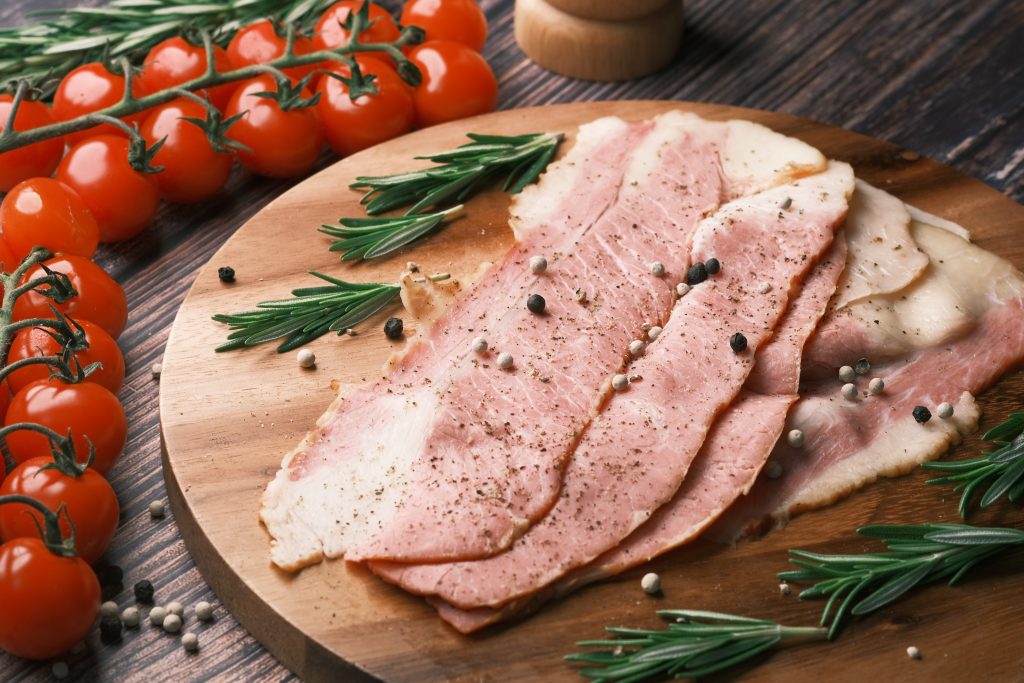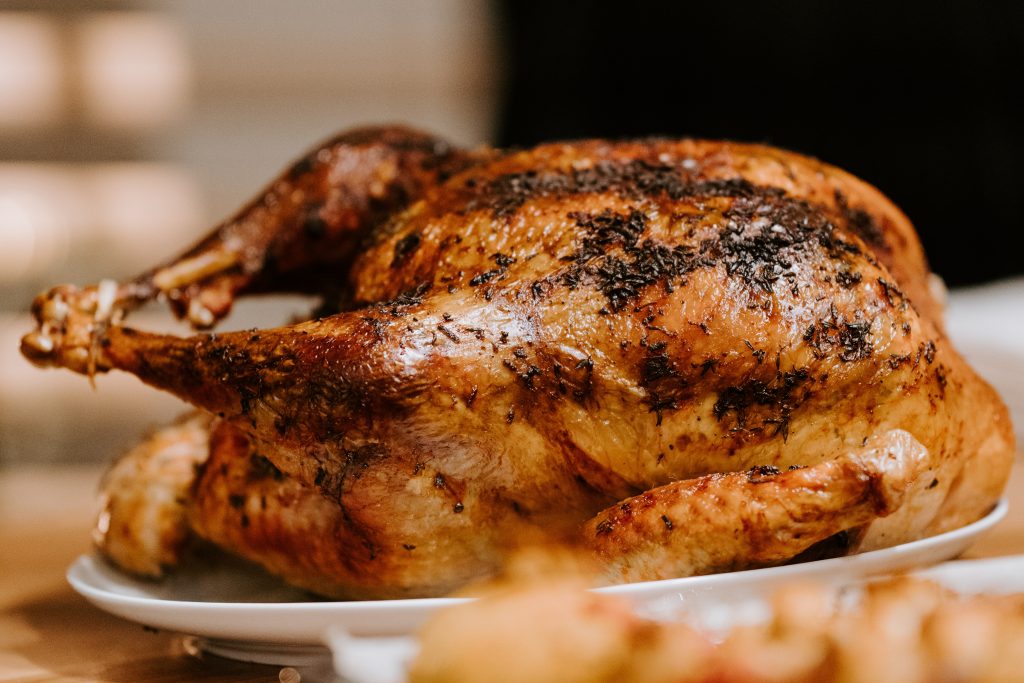Introduction
In the orchestra of nutrition, protein takes center stage—a maestro of bodily processes that range from muscle growth to immune function. But not all protein needs are created equal. The extent of protein required hinges on individual health goals, ushering in a realm of personalization that tailors protein intake to unique aspirations. In this article, we unravel the symphony of protein needs, exploring how the amount and timing of protein consumption intersect with diverse health objectives.
The Role of Protein in the Body
Imagine protein as a construction crew that builds, repairs, and sustains the edifice of your body. It’s not just about muscles; protein fuels enzymes, hormones, and immune factors, orchestrating a tapestry of physiological processes that keep you thriving. From the nails and bricks of cellular structure to the architects of immune defense, protein’s role transcends aesthetics—it’s the bedrock of optimal health.
Personalized Protein Needs
No two individuals are identical, and the same principle applies to protein needs. While a daily reference intake exists, it’s the health goals that fine-tune this requirement. What’s the magic number for you? It hinges on whether you’re chasing weight loss, muscle gain, athletic prowess, or vibrant aging. Protein, ever adaptable, rises to meet the unique demands of each path.
Weight Management: Finding the Right Balance
Embarking on a weight management journey? Protein stands as your ally. Not only does it induce a feeling of fullness, but it also demands more energy for digestion, nudging your metabolism into gear. It’s a symphony of satiety that can tip the scales in favor of your goals.
Muscle Gain: Fueling Growth
If you’re sculpting muscle, protein is your chisel. Muscle growth hinges on amino acids—the building blocks of protein. Consuming ample protein not only repairs muscle fibers post-exercise but also lays the foundation for new growth. It’s a symbiotic dance of effort and nourishment that shapes your physique.
Athletic Performance: Optimizing Energy and Recovery
For athletes, protein isn’t just a nutrient—it’s a source of power. It fuels workouts, aids in recovery, and assists in the synthesis of enzymes that drive energy production. Timing matters too
—pre- and post-workout protein intake can propel your athletic performance to new heights.
Healthy Aging: Sustaining Strength and Vitality
As the chapters of life unfold, protein remains a constant narrative. In the realm of healthy aging, protein assumes the role of guardian, preserving muscle mass and skeletal strength. It’s the antidote to the age-related decline that threatens vitality.
Plant-Based Diets: Navigating Protein Sources
Plant-based eating embraces the symphony of nature, and protein is a key instrument in this melody. Whether vegetarian or vegan, sourcing protein from plants requires thoughtful planning. From beans to quinoa, the plant kingdom offers a medley of protein-rich options.
Calculating Protein Needs: A Balanced Approach
The question echoes: how much protein do you need? The answer resides in a formula that considers factors like age, activity level, and goals. It’s not just about grams—it’s about a balanced approach that harmonizes with your unique requirements.
Balancing Macronutrients: Protein, Carbs, and Fat
Nutrition thrives on harmony, and the trio of protein, carbohydrates, and fats compose a melodic equilibrium. Protein doesn’t stand alone; it interacts with its fellow macronutrients to form a balanced dietary symphony.
Practical Tips for Meeting Protein Goals
Incorporating protein into your diet doesn’t require a culinary symphony—it’s all about strategic choices. From breakfast to dinner, simple swaps and creative combinations can elevate your protein intake without sacrificing taste.
Listening to Your Body: Signs of Protein Needs
Your body whispers its needs, and attentive listening is key. Fatigue, muscle weakness, and slow recovery might indicate inadequate protein intake. Heed these cues as your body’s symphony of signals.
Consulting Professionals: Nutritionist and Dietitian
Navigating the sea of protein needs can benefit from expert guidance. A nutritionist or dietitian lends their expertise to personalize protein recommendations, guiding you toward a customized nutritional path.
Overcoming Common Myths: Debunking Misconceptions
As with any orchestra, myths can disrupt the harmonious flow of information. Demystifying protein-related misconceptions provides clarity and empowers informed dietary choices.
Conclusion
In the grand symphony of nutrition, protein’s melody resounds differently for each individual. Your health goals become the composer’s baton, directing the cadence of protein intake. Whether you’re sculpting muscles, nurturing vitality, or pursuing athletic triumphs, protein harmonizes with your aspirations. Understanding protein’s multifaceted role paves the path toward a well-rounded and nourishing journey.
FAQs:
- Is it possible to consume too much protein?
Yes, excessive protein intake can strain kidneys and lead to other health issues. Balancing protein with other nutrients is crucial. - Can I meet protein needs without animal products?
Absolutely. Plant sources like beans, lentils, tofu, and nuts provide ample protein. A diverse plant-based diet can cover protein requirements. - Can I consume all my daily protein in one meal?
While it’s best to distribute protein intake throughout the day, consuming a significant portion in one meal is acceptable. Consistency is key. - Do older adults need more protein?
Yes, older adults may need slightly more protein to support muscle retention and prevent age-related muscle loss. - Can high protein intake damage kidneys?
In healthy individuals, moderate to high protein intake usually isn’t harmful to kidneys. However, those with kidney issues should consult a doctor or dietitian.


